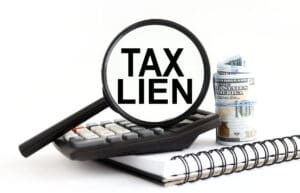Personal tax debt can be best handled by settlement with IRS
It’s a fairly well-known fact that if one owes the IRS back taxes and doesn’t pay immediately, the penalties assessed are enormous. Thus, what seemed like a minor annoyance when first announced will eventually grow into a huge mountain of tax debt that could crush anyone’s ability and resolve to pay. It doesn’t matter if you reside in Nevada or somewhere else. The federal tax rules relative to tax penalties are the same everywhere.
Of course, there are many different types of taxes but here we are concerned with the personal income tax. In our system, a percentage of what we earn is owed to the federal government for a personal income tax. These days, many states assess their own version of a personal income tax, so that an individual may owe not only a percentage of his or her earning to the federal government but also a separate percentage to the state of residence.
One’s taxable income is computed by taking gross income and reducing it by allowed deductions and adjustments. Tax rates are applied to that resulting amount to get the amount due. In some instances, a tax credit may be payable to the taxpayer, and that amount is subtracted from the final tax amount due.
While it’s true that most people have their taxes paid out of their payroll withholding, and will actually be filing for a refund, those who are self-employed or otherwise not subjected to withholding may find it difficult to pay taxes in full when due. In those situations, it’s important to file the return even if the payment is not enclosed. The IRS assesses a late filing penalty that is much more than the nonpayment penalty.
The best policy here in Nevada or anywhere else is to not let a tax debt fester, grow and multiply exponentially. If the taxpayer gets on the matter early and discusses payment with the IRS, the result will be far better than if the matter is ignored. IRS payment plans are always possible, and the taxpayer should attempt to do whatever may be feasible in that respect before the tax debt takes on monumental proportions.
Source: thonline.com, Late filing of returns and its tax problem, Dean Alexander, Dec. 9, 2013




